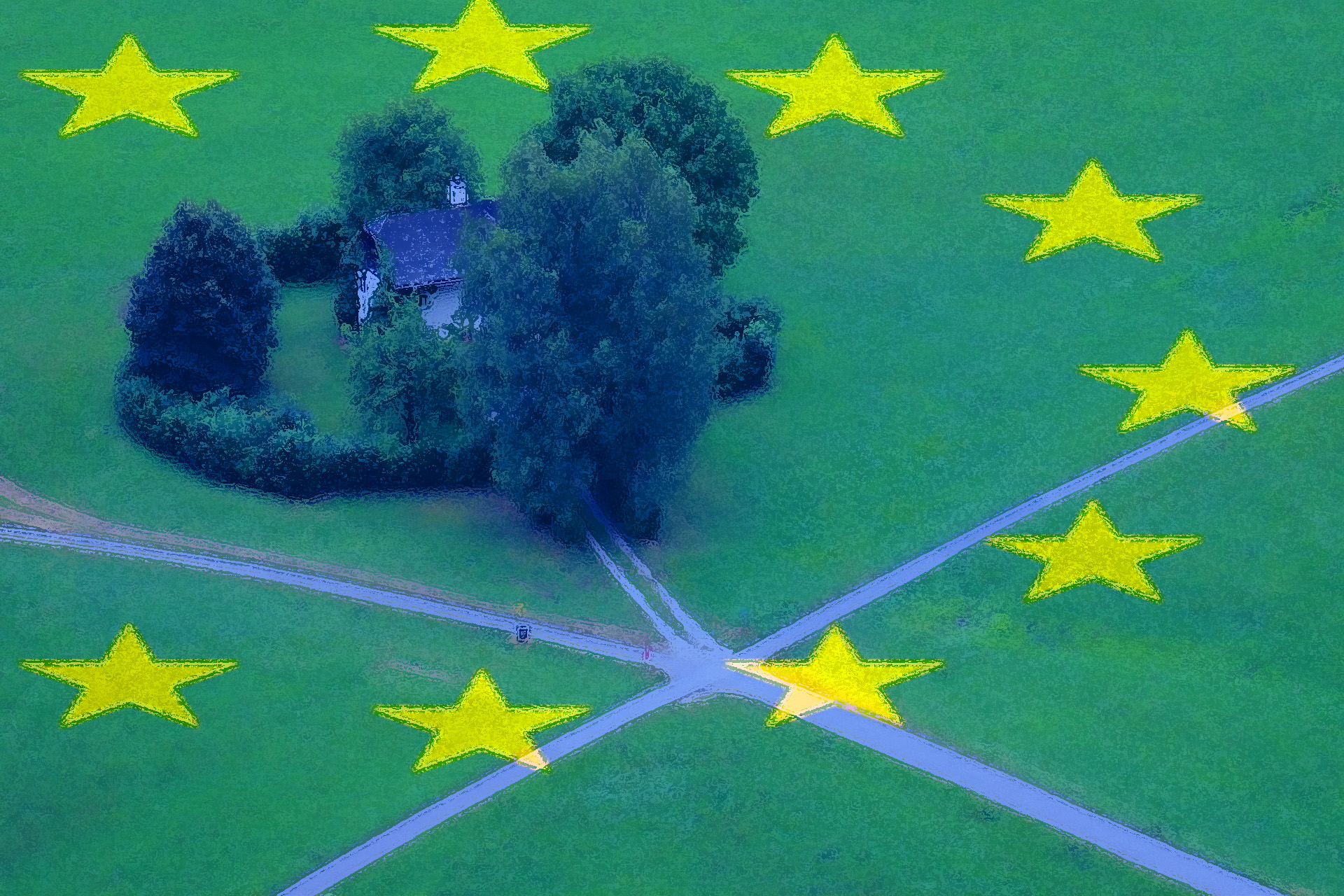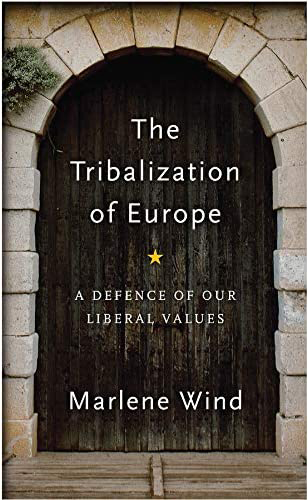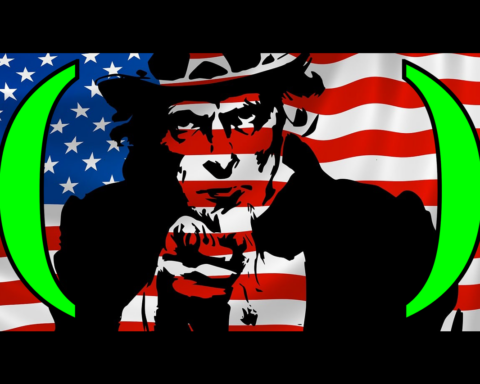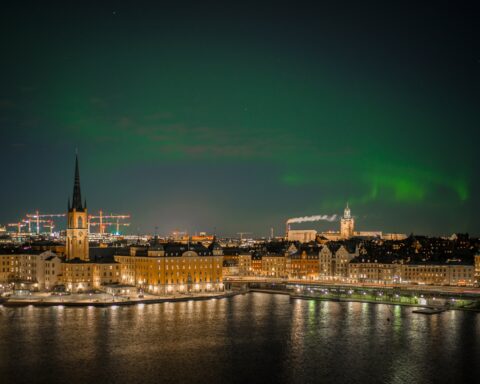
DEMOCRACY. The book The Tribalization of Europe. A Defense of Our Liberal Values by Marlene Wind is a welcomed contribution to discussions about Europe’s future. Wind’s message is that historical lessons are important to act against opportunism and populism.

In autumn 2018, I was riding a Uber-cab in Barcelona during my summer school participation for basic income supporters across Europe. When the driver and I rode near a demonstration asked him what was going on. The driver answered that members from “Catalan and Castellano communities” were in conflict with each other about Catalonia’s future status.
The term “community” and the driver’s English on Urdu dialect reminded me of when I was living in India and reading about riots in Bangalore. My university colleague told me that it was about a conflict between members of Kannada and Tamil communities. How could something like that happen in a country with enormous cultural pluralism, I was thinking at the time? Until I realised that similar things happen in Europe, including my own experience from Bosnia, when people are using or better said misusing their collective identifications.
Terms as nation, tribe and identity politics have dominated political debates in the USA and Europe for the last five years. They especially concern phenomenas as “Brexit and Trump”. A book analysing such developments is Tribalization of Europe. A Defense of Our Liberal Values, written by political scientist Marlene Wind working at the University of Copenhagen. Her book is focusing on the Brexit process, separatism in Catalonia and the anti-democratic development in Hungary.
Wind argues that the European Union was created as a universalist project. Partly by thoughts to unite people over national borders in Europe and partly to promote a democratic and free world. Several parts of her book remind of what among others historian Yuval Noah Harari has written that the EU is the largest multicultural experiment based on universal values.
According to Wind, nationalists and populists in Europe act against ideas as liberal-democracy by their ambitions to conduct identity control. Wind describes tribalism or tribe mentality as an organised way of proclaiming “the true” ethnic, cultural or nation-based belonging at the same time as wanting to exclude “the others” from a community. For example, in Sweden, the nationalist and radical-right Sweden Democrats’ agenda is to politically decide who and who is not a Swede.
Another important aspect in Wind’s book is the defence of democratic constitutionalism, as the individual freedoms and rights. Wind argues that Europe’s history during the interwar period 1919-1939 shows how horrible things can get when anti-democratic, totalitarian and authoritarian actors and systems take over. According to Wind sooner or later, different decampments from constitutional democracy as the attack on the rule of law and independent judiciary lead to dictatorship and crimes against humanity.
There are some parts of the book I wish that Wind could have explained more. For example, there is a whole chapter about how liberals have been too passive in the debate regarding populism but almost without any concrete proposals what liberals should really do. I also wish that Wind could include some more famous references to Jürgen Habermas’s constitutional patriotism and ideas around European citizenship.
In general, the book is an important contribution to understand better why nationalist, populist and tribalist only can damage Europe development. A Europe that can still inspire the rest of the world that supranational democracy can work.

global@opulens.se








